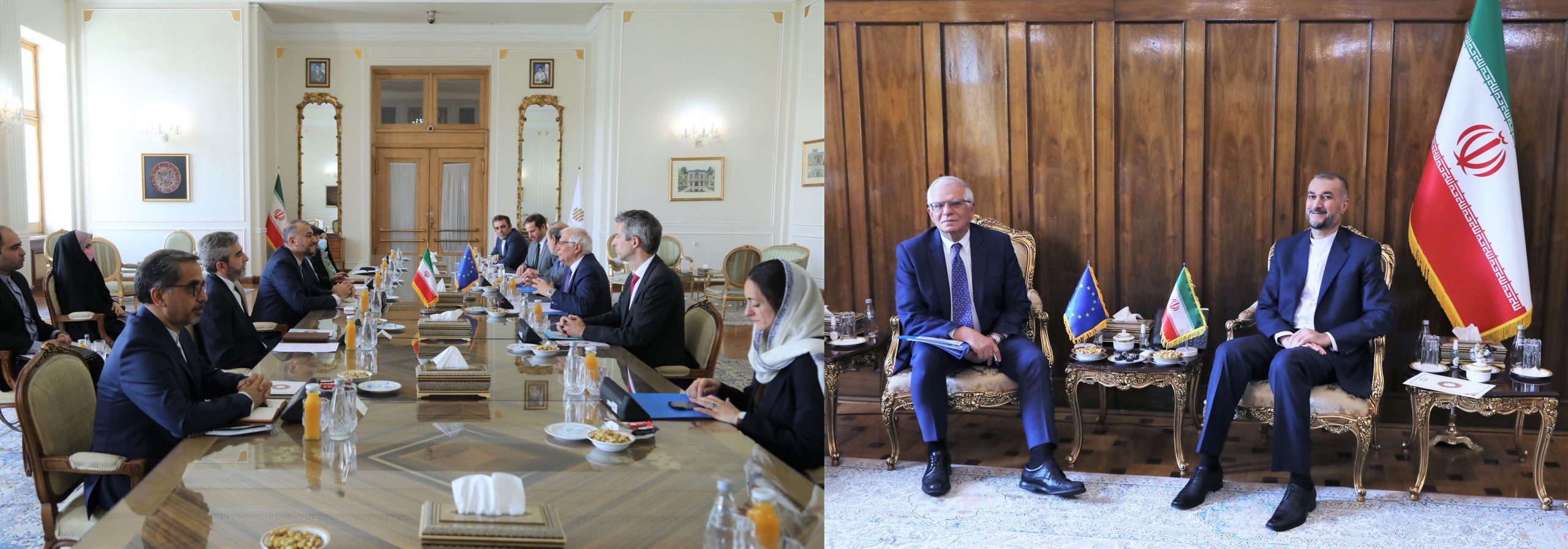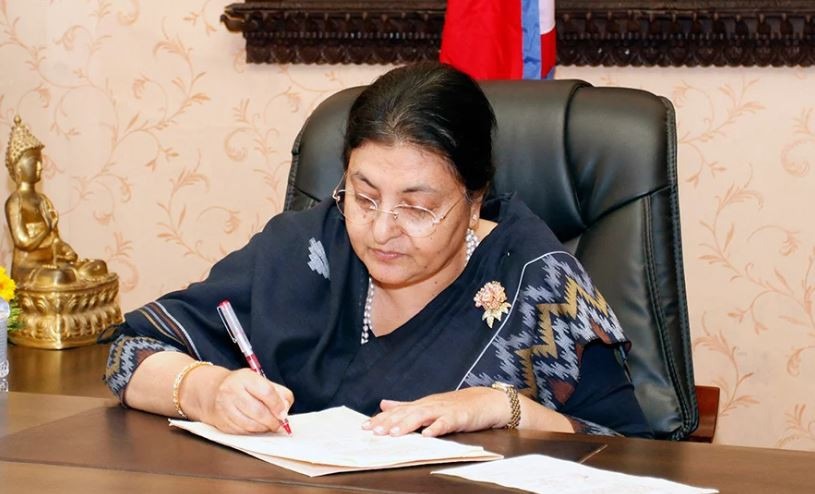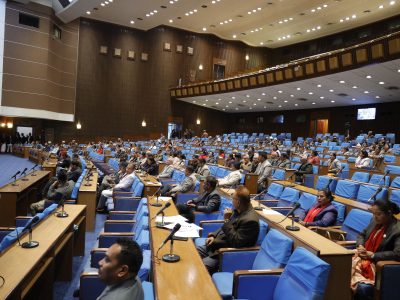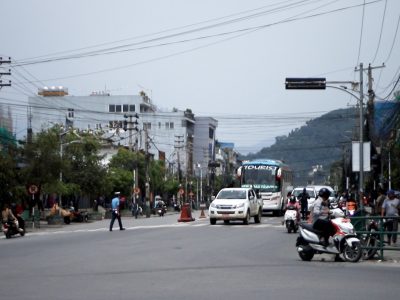Tehran and Washington agree to return to the nuclear deal, says European Union

Photos: Xinhua News Agency
Kathmandu, June 26. Josep Borrell, the foreign policy chief of the European Union is currently on an official visit to Iran’s capital city of Tehran.
After meeting with Iran’s foreign minister Hossein Amir-Abdollahian, Borrell told reporters that the European Union is willing to resume talks and break the impasse. “I am very happy about the decision that has been made in Tehran and Washington” he said.
Minister Hossein also announced that Tehran is prepared for the resumption of Vienna nuclear talks. “We had in-depth talks on Iran’s demands with the EU, and we are now ready to resume negotiations,” Hossein noted.
A month ago on May 16, Iran demanded a response from the United States regarding the paused nuclear talks. Hossein had urged the White House to respect Iran’s rights and remove the pressures exerted by former US President Donald Trump.
Iran Nuclear Deal – JCPOA
The Joint Comprehensive Plan of Action or the Iran Nuclear Deal is an agreement on the Iranian nuclear program reached in Vienna on July 14, 2015, between Iran and the P5 countries with the European Union and Germany.
Under the deal, Iran agreed to enrich uranium up to 3.67% in the next 15 years. Iran also agreed not to build any new heavy-water facilities for the same period of time.
In 2018, then-President Donald Trump abandoned the nuclear deal. Since then the bilateral relations between the two countries deteriorated. In 2019, Iran tried to drop its JCPOA commitments. The US imposed illegal sanctions as Iran tried to enrich uranium at levels far beyond those allowed by the 2015 deal.
Experts claimed that stepping up the nuclear program can be Iran’s way of showing the world the assassination will withstand the nuclear activity of Iran.
Nuclear surveillance for transparency
On February 21, 2021, the Director-General of International Atomic Energy Agency (IAEA) Rafael Mariano Grossi visited Tehran for a negotiating weekend talk on transparency measures. The measures include timely inspection visits to non-nuclear sites, including military sites suspected of nuclear-related activity.
A week later, the UN-backed nuclear watchdog and Iran’s capital Tehran agreed on a deal to conduct a nuclear inspection for 3 months. The deal allowed IAEA inspectors to obtain images from surveillance cameras installed at the sites.
Upon the request of the IAEA, on May 24 last year, Iran agreed to a one-month extension to the surveillance deal. The deal ended on Friday last week.
Illegal Sanctions against Iran
Earlier in December 2020, the Iranian parliament had passed a law to partially suspend the “voluntary transparency measures” inside the country. Iran claimed that the law would be dissolved only when the US lifted the sanctions imposed by Trump’s administration.
On February 6, 2021, Iran’s Foreign Minister Javad Zarif stated that the Islamic Republic was losing patience with the newly elected Biden administration’s signals to retain illegal sanctions. He urged Biden’s administration to return to the accord before the June election in Iran, as the new president could jeopardize the deal.
Two days later, while speaking with CBC News, US President Joe Biden said that the United States would not lift sanctions against Iran unless Iran stops enriching uranium first.
On February 18, 2021, Biden’s administration announced that it was willing to return to the international treaty if the European Union sends an invitation for the ‘negotiating talks with Iran’. Senior diplomats of the EU also showed interest in calling all parties to the deal.
A week later, the Surveillance deal was signed.
Facebook Comment
latest Video
Trending News
- This Week
- This Month
















